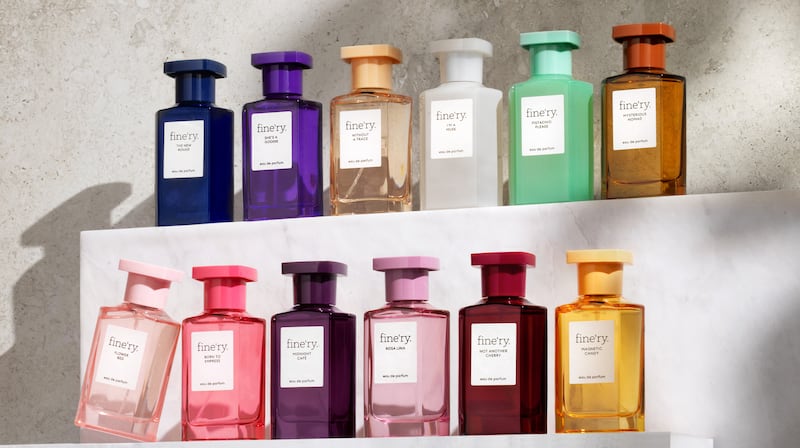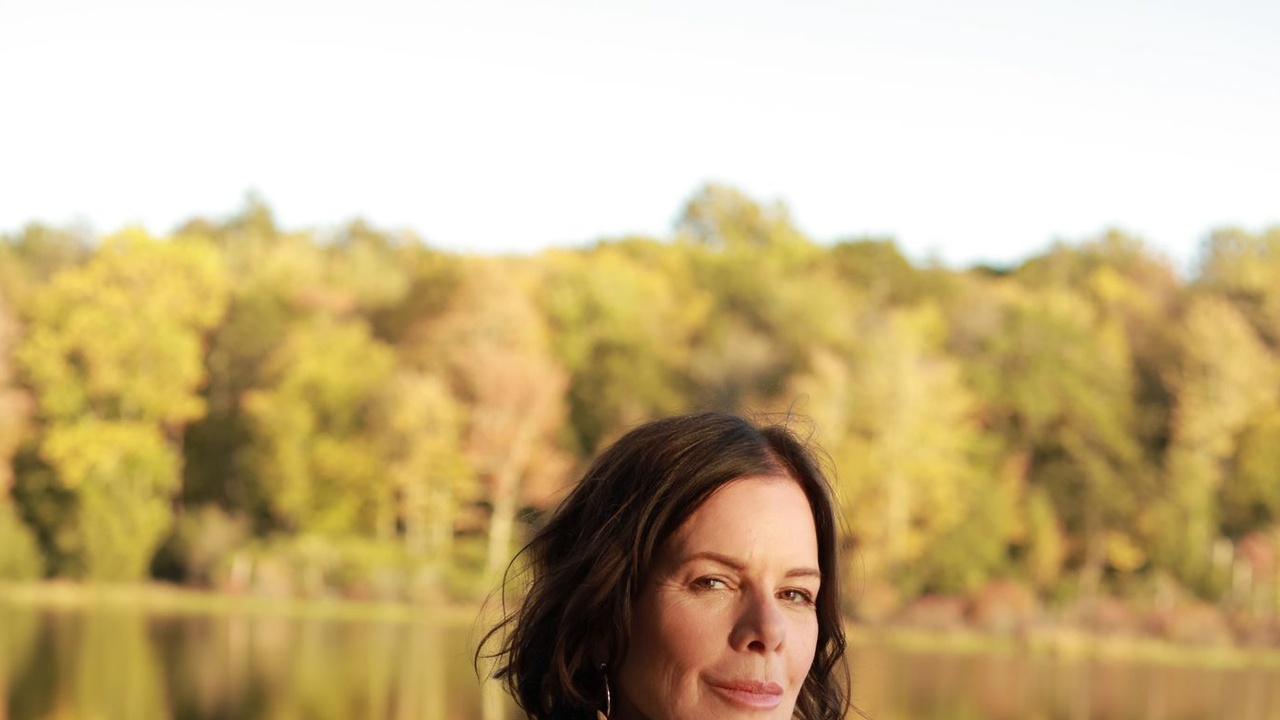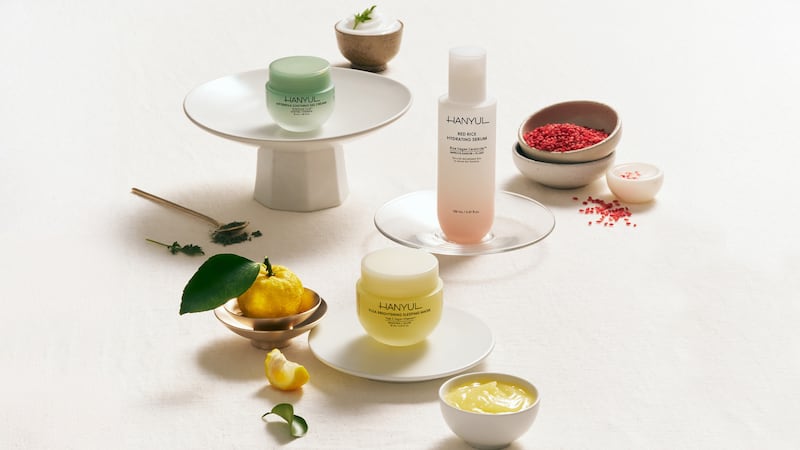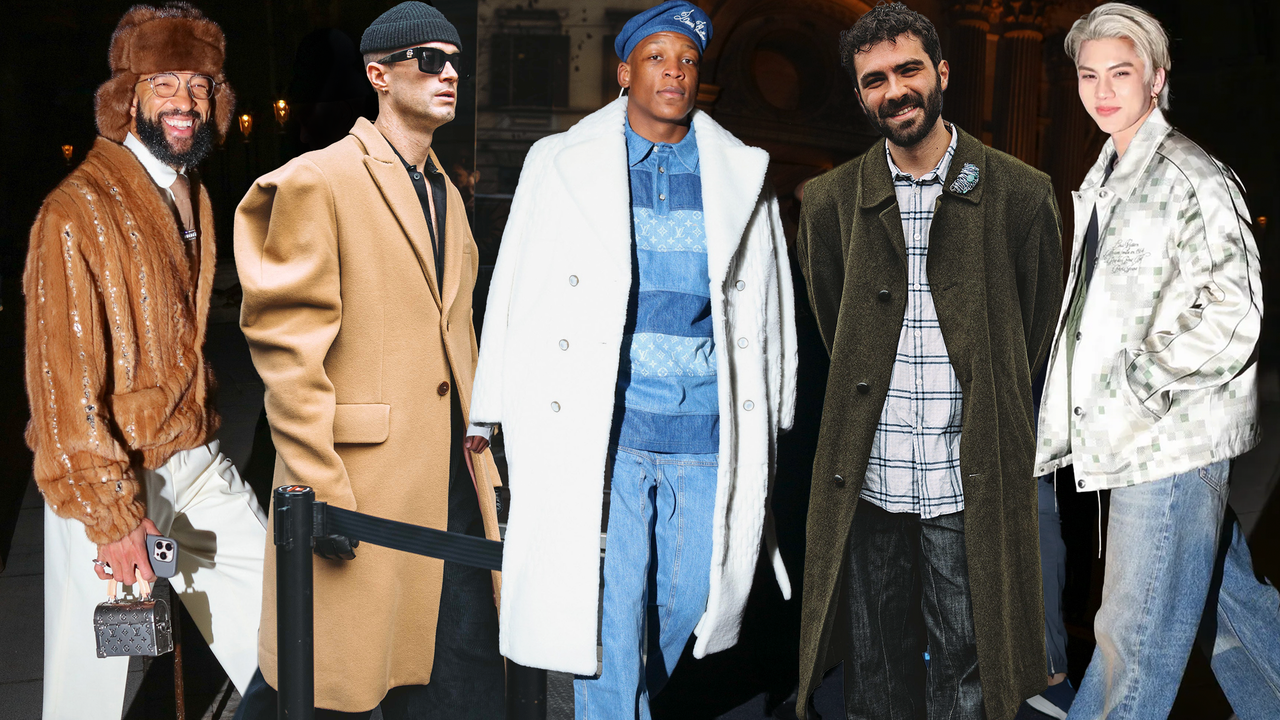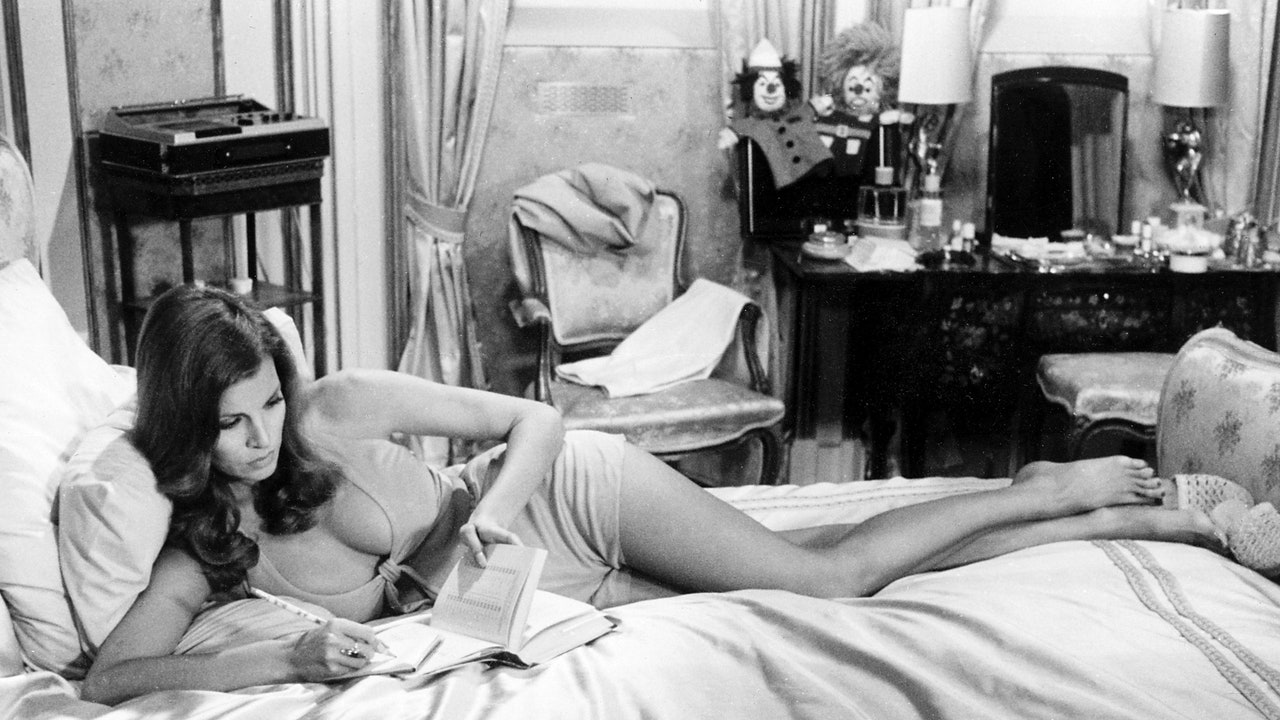I am fortunate to have several close friends, all of whom I can turn to for guidance or support when I need it. But at 31 years old, I no longer have the kind of best friendship where you know you’re each other’s go-to.
I’m invited to many bachelorette parties, but never anybody’s maid of honor. Where others are hanging out with the same friends week to week, figuring life out together, I’m unsure who I can spontaneously catch up with on particularly quiet weekends.
Given how difficult it is to form—and maintain—adult friendships in the first place, to have a best friend is almost aspirational. How wonderful you must be, to be loved like that amid the mayhem of adulthood. How lucky you are, to have found what so few others do after college.
It’s made me wonder: Am I missing out on something important by not having an adult best friend? Is developing that kind of bond something that I should actively seek out?
Apparently, not necessarily. A best friendship, while lovely, isn’t essential to having our most fundamental social needs met, according to the social scientists I spoke to. To hear them tell it, a fulfilling friendship—whatever name you give it—is one in which A) you can be vulnerable and disclose personal thoughts, secrets, hopes and dreams, knowing the other person won’t betray your trust or withhold their love; B) the other person is also vulnerable with you; and C) you can count on them to meet your needs as you articulate them, and to interact with you in ways that show that they care, support, understand, and value you.
“We need people to show us understanding, validation, and care in order for us to feel responded to, feel connected, and feel good about ourselves and about those relationships,” says Cheryl Carmichael, PhD, a social psychologist at Brooklyn College. “If those boxes are being checked off, typically that should be sufficient. We're getting the things we need.”
Experts encourage anyone feeling unfulfilled in their social life to focus on deepening their friendships rather than singling out a best friend. “If you want to have closer relationships, enact closer relationships,” says Jeffrey Hall, PhD, a professor of communication studies at the University of Kansas.
Start with the friends whom you’ve found respond well when you are your authentic self around them—and if you’re unsure who that might be, test it out, says Stephanie Byrd, PsyD, a clinical psychologist in San Diego. Get a little vulnerable, and share that you love mind-numbing reality TV. If you’re hurt by a joke, say it. Based on how that goes over a few interactions, ask yourself: Are these people you want a deeper friendship with?
Because meaningful friendships thrive on a sense of reciprocity, another way to test-drive the relationship you want is by both showing your friends that you care for and value them, and allowing them to show up for you. Express your love in a birthday card. Initiate the hangout. Check in on how they are if you haven’t interacted in a while. But don’t expect them to respond in exactly the same way. “A reciprocal relationship means that ‘I am there for you when you need, for whatever it is that you need, and what you provide meets my needs as I articulate them,’” Hall advises. Rather than judging your friends’ acts of care against your own, consider whether or not they have been there when you needed them, and made you feel valued and loved. If they haven’t, it may be time to focus on forming new friendships, says Carmichael.
One thing to be wary of is the trap of believing that you are “not enough” when nobody appears to desire a deeper friendship with you. Such thinking can become a self-fulfilling prophecy, says Linda Baggett, PhD, a clinical psychologist in Manhattan Beach, California.
“There's a relationship between how we're thinking and feeling and what we're doing, behavior-wise,” Baggett says. “Let’s say I’m not feeling like I’m best-friend material, so I feel self-conscious about striking up new friendships. I’m probably going to be more shy when interacting with new potential friends, and may not be as ‘out there’ with my personality.” It’s just those behaviors that tend to hinder the development of the friendships you’re after.
A therapist can be useful in this area, and help you to navigate feelings of loneliness or alienation more broadly. Baggett also encourages asking yourself: What are the objective reasons my friendships are not deepening? For example, you may no longer have the same interests, so there’s less of a prerogative to seek each other out. Maybe you’re attempting to get closer to someone content with having a bunch of friendships that aren’t very deep. Or it could be, Byrd says, that you haven’t found the people who are meant for you yet.

